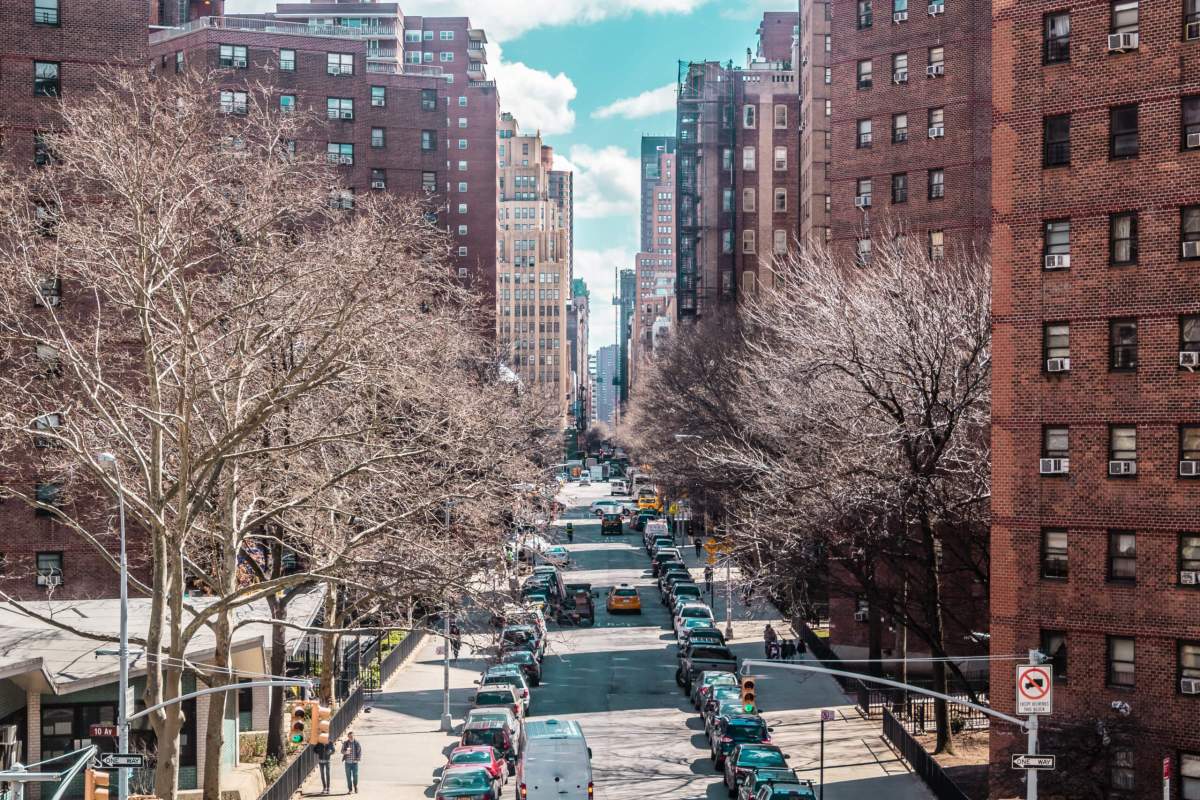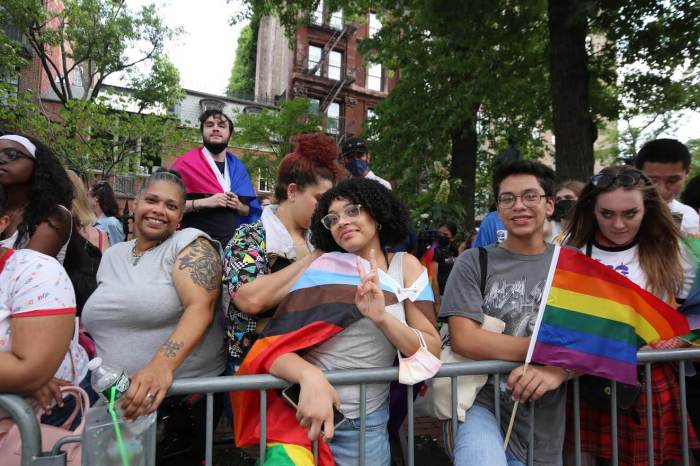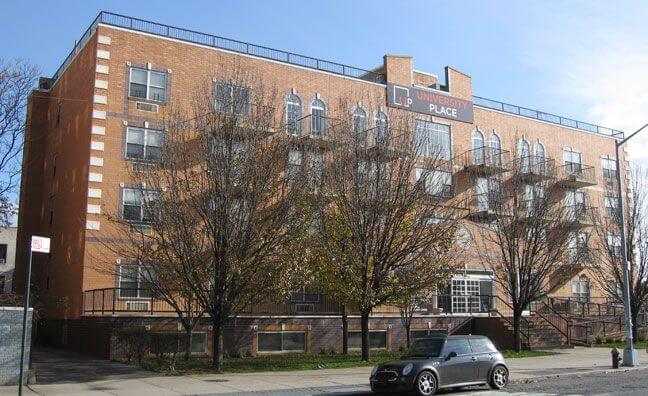Apartment hunters who got burned by New York’s red-hot rental market in the summer might welcome the chill of winter. The cold weather has historically favored apartment hunters with deals and negotiating power.
“Last year, the summer season was very hectic in New York City,” said RentHop’s Agent Success Manager, Allyson Waddell, a 24-year-old bisexual woman. She pointed out that the high rental prices “showcased” that craziness.
This winter, rental experts say rents were starting to slightly curb downward after a year and a half of record-breaking rents.
Brick Underground reported rents hit a plateau at the end of 2022. For the first time in 18 months, 2023 winter apartment hunters have additional negotiating power.
Crunching the numbers, Waddell looked at the median rental price for a one-bedroom apartment in New York City in January 2022 compared to last August. In January, one-bedroom apartments averaged $3,497. In August, rent peaked at $4,125.
“That’s a difference of $628 per month or a little over $7,500 per year, which definitely adds up,” Waddell said.
Looking around the city, she found a one-bedroom apartment in Hell’s Kitchen for $3,895, slightly below the median rental price citywide. Moving uptown in Manhattan to West and East Harlem, one-bedroom apartments are currently averaging between $2,500 to $2,600. In Washington Heights, the going price for a one-bedroom apartment is $2,250.
Crossing into Brooklyn’s Bedford-Stuyvesant, locally known as Bed-Stuy, a neighborhood that is currently undergoing gentrification, the median price for a one-bedroom apartment is $2,738.
A one-bedroom apartment in Brooklyn’s Flatbush and Bushwick neighborhoods is $2,800 right now, she said.
Waddell said deals can be made — so how can New York renters take advantage?
One way is to stay ahead of the game. Have your paperwork (meaning financial statements, letters of recommendation, and anything a landlord might find helpful in choosing to rent to you over someone else) ready to go before you look at apartments. That way, once you find the one you like, you can move quickly.
“Having everything ready will make sure you’re first in line” and give you the benefit of time when you submit your application, Waddell said.
Doing it yourself is empowering and satisfying, but sometimes you need someone in your corner. This is where agents come in. They know the lay of the land and can find hidden apartments not yet known to the public. They know which apartments are rent stabilized, or even rarer rent-controlled options, giving you an extra edge.
Check out agents by verifying their license is current with eAccessNY for free, check references, and read reviews. Make sure the agent understands your budget and what you are looking for before working with them.
Furthermore, renters hunting on their own can use online tools, such as RentHop’s filters, to search for “no-fee” and “by owner” listings. “No-fee” listings avoid apartment searches with brokers. Listings “by owner” means apartment searchers work directly with landlords or whoever is renting the apartment.
Networks online and offline are another great resource. Leverage the power of Facebook, using its marketplace and groups, such as Queer Housing New York City, and other networks. Rooms for rent, sublets, and apartments in LGBTQ households are listed. Other queer people seeking to team up to rent a place frequent these spaces online.
“Typically, networking with the community can help you get access to those groups, and then you can start finding other people who are looking to rent,” Waddell said.
Among other tips, people can try to negotiate $100 to $200 per month off the asking price of the rent or seek free rent for a month simply because of the season — especially if an apartment has been on the market for two weeks or more. Check listing dates and ask the owner or manager and neighbors.
If the apartment has been empty, don’t skip negotiating. The landlord might accept the lower price. If the landlord can hold out until spring, they will deny your request, but you might be able to negotiate other things.
Renters who negotiated a deal should watch for rent increases when their lease is up for renewal. If discounting rent isn’t an option, there are other ways to negotiate comfort and stability.
Renters can try to negotiate longer leases, such as 15 to 18-month, 12 to 24-month, or month-to-month leases.
“If a renter can try and negotiate that longer lease, it’s going to be appealing to that landlord. They’ll want to keep their vacancy low. It’s a guaranteed tenancy for a longer bit of time,” Waddell said.
However, she warned that renters should look at the timing of when the lease ends. If it expires in the spring or summer, renters can end up seeing their rent increase.
Negotiate a free washer and dryer in the apartment or dishwasher, storage space, and any other amenities that will make life easier.
Winter makes move-in day less stressful by lowering scheduling conflicts from getting keys to hiring a moving company and reserving elevators in your old and new buildings.
If you are uncertain about your job due to recent mass layoffs and economists teeter-tottering about an economic downturn, know the penalties for breaking your lease and how to avoid those penalties, such as: How much time do you need to give the landlord notice? Can you find another tenant for your landlord or roommate to take your place?



































